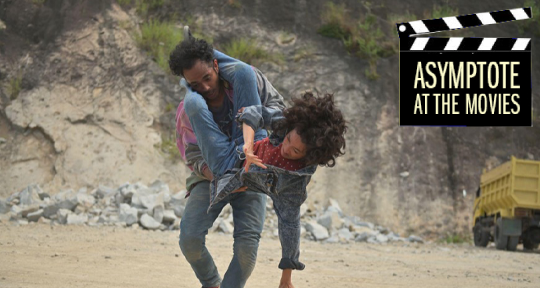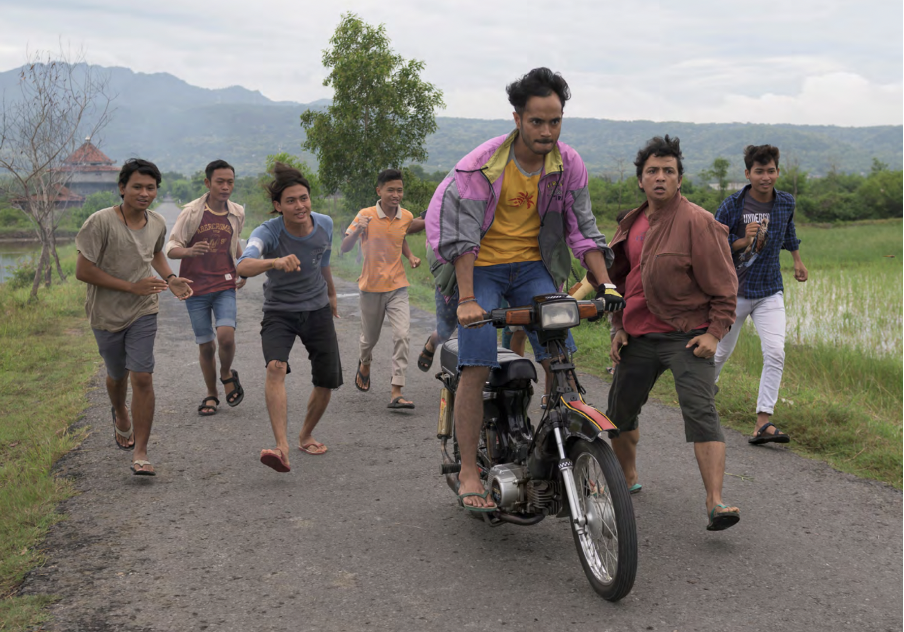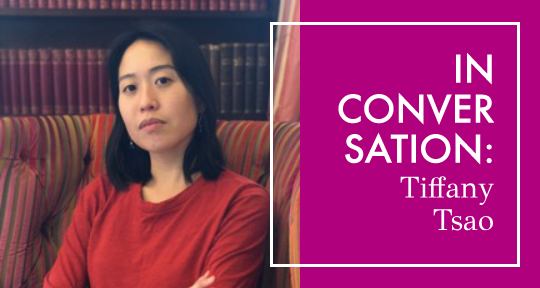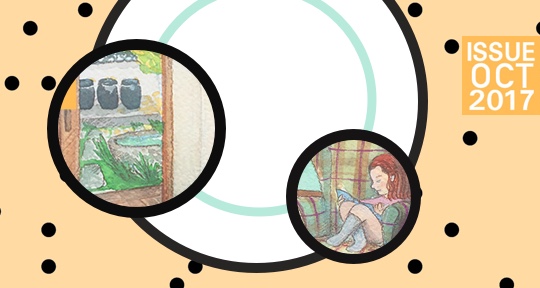This week, our editors bring you the latest news from Bulgaria, Palestine, and the Philippines! From a major award win to exciting literary festivals, read on to find out more!
Andriana Hamas, Editor-at-Large, reporting from Bulgaria
On Wednesday, May 24, most Bulgarians woke up later than usual. After all, the country was commemorating its Alphabet, Enlightenment, and Culture Day, and the festivities would not begin before noon. The night owls, however, had already started celebrating much earlier as media outlets from all over the globe notified them that, at a ceremony in Central London, writer Georgi Gospodinov and translator Angela Rodel had been awarded the 2023 International Booker Prize for the novel Time Shelter (Weidenfeld & Nicolson, 2022) whose primary focus is the “weaponization of nostalgia.” The duo, whom Asymptote has previously highlighted, gave a heartfelt speech about the stories that keep us alive and resist evil.
Later the same day, Gospodinov posted on his official Facebook page: “Blessed holiday! Blessed miracle of language! I was lucky enough to say these words in Bulgarian last night at the Booker Prize ceremony in the heart of London! On the eve of the most beautiful holiday! I wrote this book with the thirty letters of the Cyrillic alphabet. I am grateful to everyone who believed in it! To my readers with whom we have been together for years. It was and still is a long road. To the writers before me from whom I have learned! To the Bulgarian writers for all they have suffered and written. I am grateful for the joy I saw in Bulgaria after the announcement of the award last night. Joy because of a book is pure joy. Thank you! It is possible! May it open the door to Bulgarian culture and give us courage.”
Courage, if I may add, to remain sensitive to life’s delicate intricacies. Courage to be mindful of the past in our eternal battle for the future. Courage to translate even the “unspoken speeches for all unreceived awards.”
And the rest is history. READ MORE…











